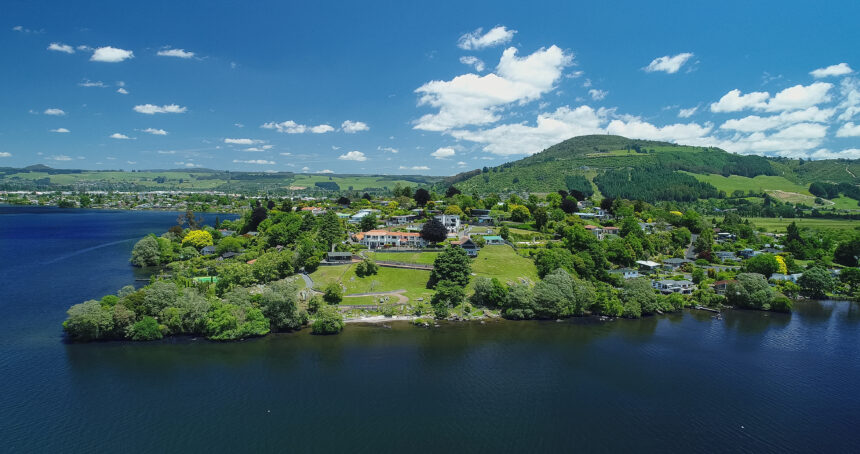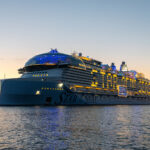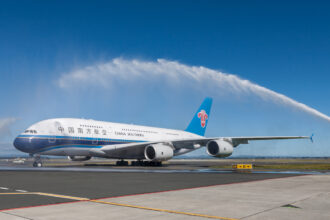New Zealand’s high-end accommodation sector is seeing a boost from a global trend known as “legacy tourism,” where older travellers choose to spend their wealth on premium experiences with their families rather than leaving a financial inheritance.
The rise in multigenerational bookings comes at the same time as tourism bodies push to grow off-peak travel, with Tourism New Zealand setting a target of lifting international tourism revenue by $5 billion over the next four years. Around 70% of that growth is expected to come outside of the traditional summer season, with 2025’s goal aiming for a 9.6% increase in off-peak international spend – worth an additional $655 million.
Ann Gregor, general manager of On the Point – Lake Rotorua, says the shift towards “legacy tourism” or “SKI” (Spending the Kids’ Inheritance) travel is already changing patterns across the country.
“Baby Boomers have been quick to embrace the trend, with industry data showing they spend more on leisure travel than any other age group,” she says.
According to Gregor, nearly half of travellers over 60 would prefer to use their savings for a once-in-a-lifetime trip rather than pass on wealth, with 80% of them willing to cover the costs for children and grandchildren.
“We’ve had multiple bookings where grandparents have said, ‘We’d rather create memories with you now than leave it all for later, so we’re taking you on a family holiday.’
“It’s a post-pandemic mindset shift, people are choosing shared experiences over material wealth, and they’re choosing to do it now, not later.”
The Rotorua lodge, which recently marked its 21st year of operation, has just completed a multimillion-dollar renovation in response to the demand. Gregor says bookings are at their strongest levels in more than a decade, up 19% compared with pre-pandemic figures, with guests now reserving stays well into 2026. North American travellers are leading the growth, followed by Canada and Europe.
“What’s striking to us is the timing of the surge. Months like May and June, once considered quieter and our shoulder season, are now drawing high-value international guests which we think is also due to the Tourism NZ campaign to drive visitation beyond the summer peak.
“The cooler months have always traditionally been slower, but the increasingly warmer weather in this part of the country later in the season has meant we’re seeing more international visits, especially from the US. It’s a noticeable change, and we believe it’s a combination of strong destination marketing and a desire to escape the noise back home.”
She adds that political tensions abroad are also influencing travel choices.
“We’ve had guests tell us directly they’ve chosen New Zealand because it feels peaceful, safe, and politically stable. That perception is helping position the country as a premium escape.”
Rotorua itself, Gregor notes, has been working to rebuild its reputation after the pandemic.
“We were part of a national rebranding campaign and our local community leaders have invested significant levels of resource to reposition Rotorua. While 97% of our market is from offshore, local enquiry has also picked up and we are starting to see the payoff with not just international visitors but also domestic tourists,” she says.
Another shift is in the length of stay, with international visitors now more likely to book three to five nights instead of the typical two to three.
“This extended style of travel is being driven by guests wanting to unplug, reset and make the most of high-investment long-haul holidays.
“Our guests are typically 45 and older, often ticking New Zealand off their bucket list,” Gregor says.
“It’s not just about luxury anymore. It’s about connection, intention, and creating memories that last. And New Zealand is uniquely positioned to deliver that.”
















